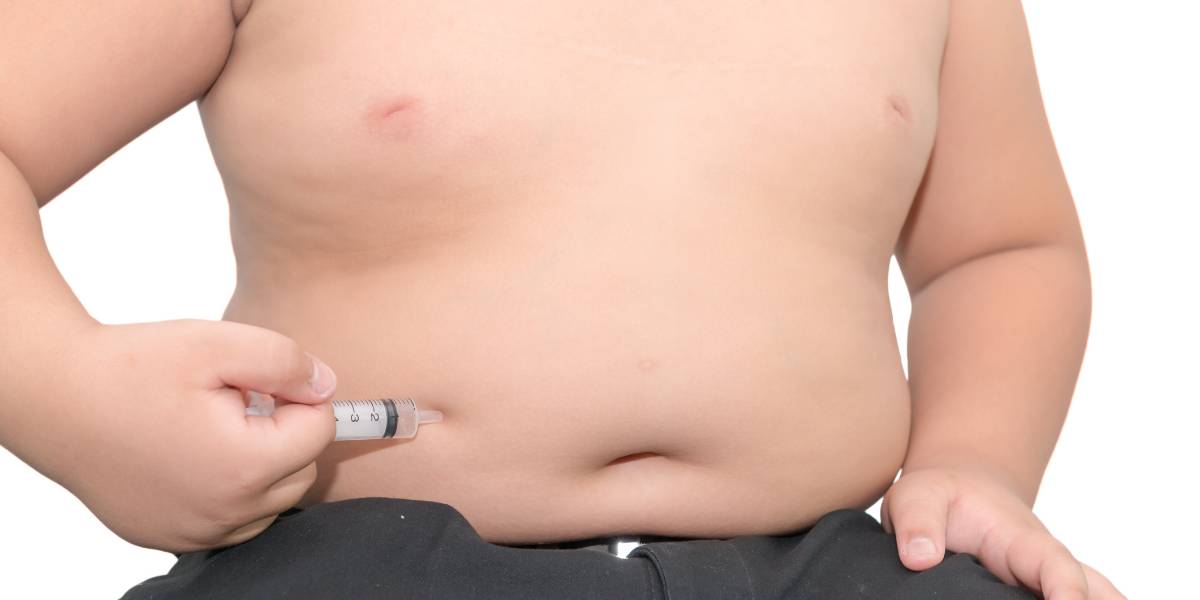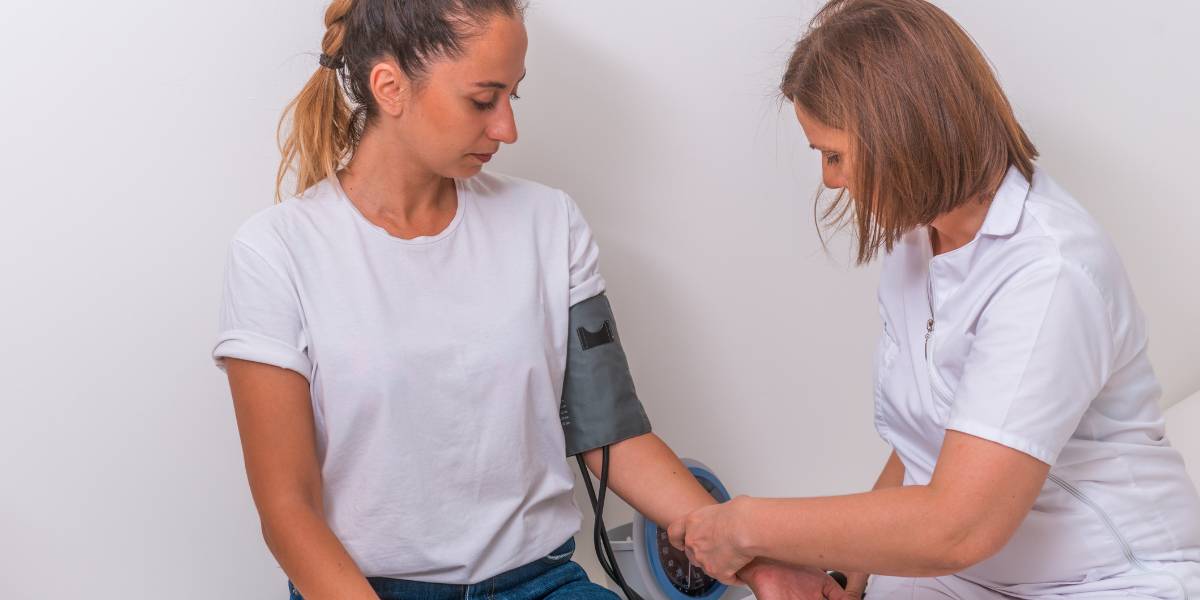Ministers are considering giving obese children as young as 12 weight-loss jabs in a bid to tackle the UK’s spiralling childhood obesity rates.
Experts are now analysing whether children aged between 12 and 17 who are living with obesity would benefit from semaglutide injections – a weight-loss drug recently approved to be given to adults via the NHS.
- European Medicines Agency recommends weight loss drug Wegovy for teenagers 12 and up
- Wegovy: NHS weight loss drug is no magic pill, experts warn
Health officials are now urging NICE to think about also offering semaglutide jabs to adolescents living with obesity.
With a decision expected to be announced in early 2024, specialists have claimed that the drug will stop more children undergoing invasive weight-loss procedures.
However, some people believe it would be ‘over-medicating’ children.
Are weight loss jabs for children a good idea?
Critics cite several reasons for not over-medicating children which include:
- Potential interference with childrens’ growing bodies: children are growing and developing, physically and mentally, and weight loss drugs may potentially interfere with this process.
- Lack of effectiveness evidence: the long-term impact of such treatments on children’s health remains unknown.
- An unhealthy focus on weight: there is the potential that injections may promote an unhealthy focus on weight and appearance, leading to potential body image issues and disordered eating.
- Side effects: weight loss injections can have side effects which can be serious.
- Psychological impact: use of weight loss injections might send the message that a child’s body is not acceptable as it is.
“Medicalising” a generation
According to Professor Keith Godfrey, from the National Institute for Health and Care Research’s Southampton Biomedical Research Centre, giving the weight-loss jab to children risks ‘medicalising a whole generation’.
Charlotte Summers from Gro Health, providers of adult, children and young people’s health and wellbeing programmes commented: “Through healthy eating habits, encouraging regular physical activity, and fostering a positive relationship with food, we can empower our children to achieve and maintain a healthy weight throughout their lives. This holistic approach not only contributes to physical wellbeing, but helps to build a strong foundation for emotional and mental health. We must come together to support our children in embracing a balanced and wholesome lifestyle for a brighter, healthier future.”
- Wegovy: weight loss drug approved for NHS use
- Weight loss jabs are being illegally used by people suffering from eating disorders
Prior research demonstrates that the number of children with type 2 diabetes, high blood pressure and knee complications is rising.
Previous studies looking at semaglutide show that the drug has helped people lose around 12% of their total body weight, reducing their risk of developing type 2 diabetes by 50%.





